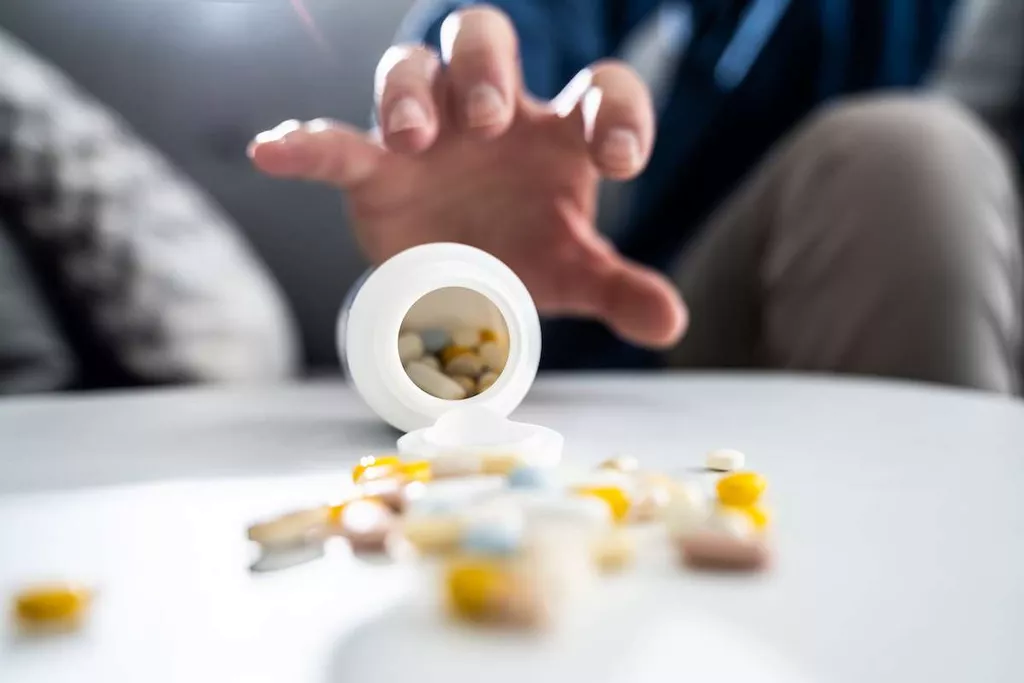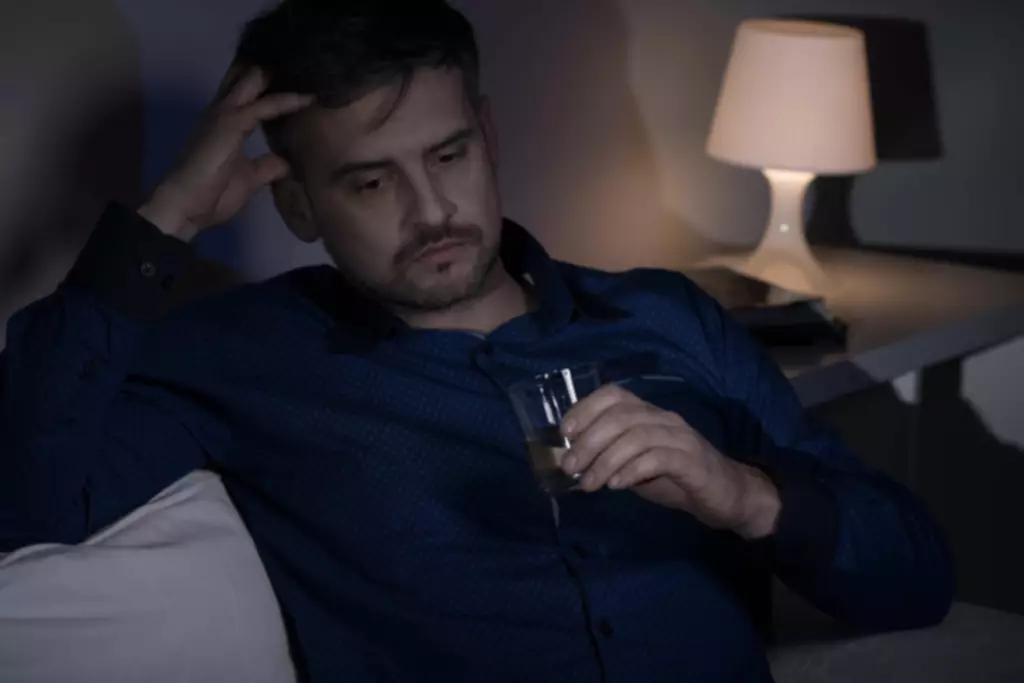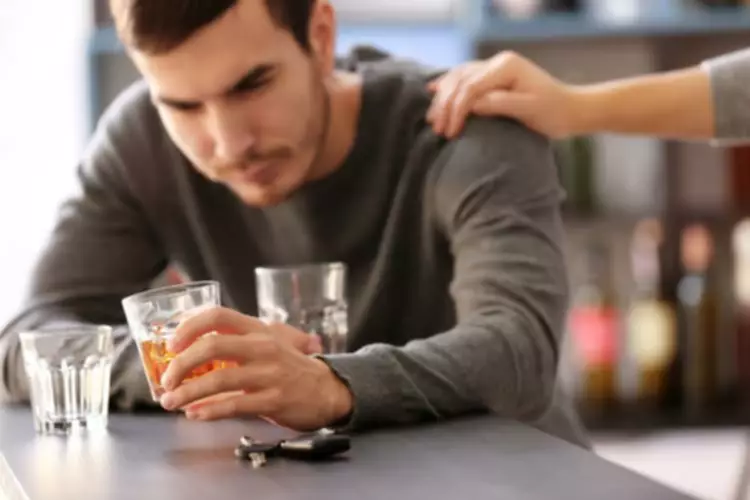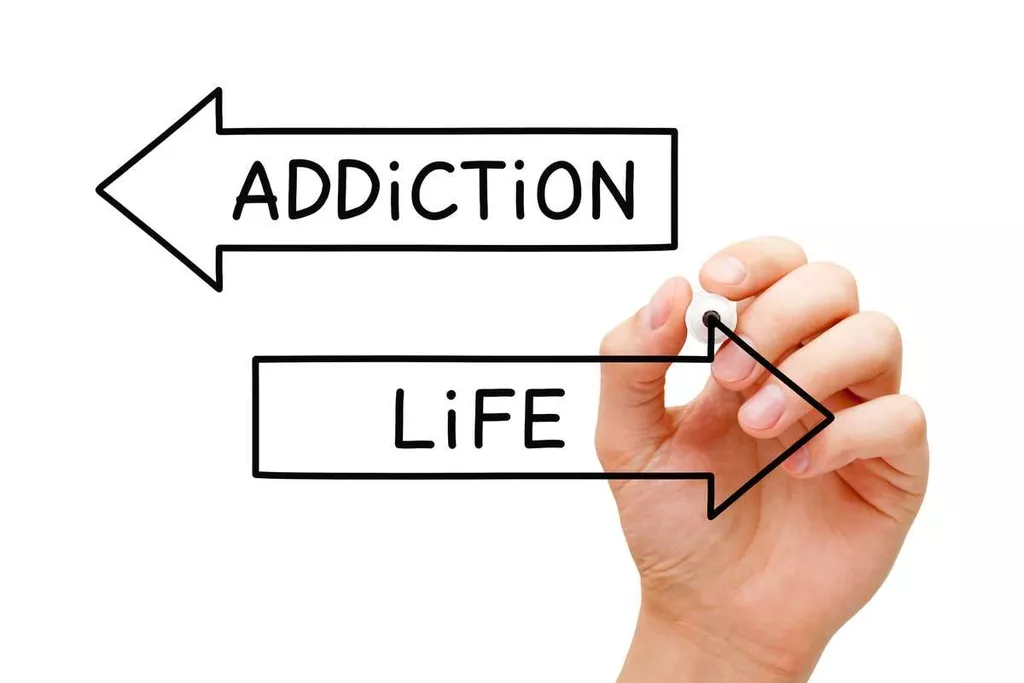
The primary risk factor for alcoholic neuropathy is chronic consumption of large amounts of alcohol. For instance, patients need to learn how to manage their habitual alcohol misuse. They also need to obtain various therapeutic agents that will help manage and prevent nerve damage. With the constant sensory damage, people will experience a lack of sensation in their feet and hands. Their wounds can be prone to bleeding and infections, which will impair their daily activities. Research shows that most patients with alcoholic neuropathy displayed poor sensory features, numbness, and impaired sensation of vibrations.

What Are The Symptoms Of Alcoholic Neuropathy?

Although alcoholic neuropathy is a common outcome of excessive drinking, many alcoholics put two and two together and blame their pain and tingling hands and feet on their drinking. The University of Missouri Wellness Resource Center suggests numb hands due to energy drink consumption may be an adverse reaction to the stimulants found in these beverages. Caffeine, which is a primary ingredient in the majority of energy drinks, provides a boost of energy by stimulating the central nervous system. If consumed in large quantities, caffeine may cause the nervous system to become unstable, resulting numbness or tingling sensations within the hands. If you or someone you know is experiencing symptoms such as numbness, tingling, or other fingers numb after drinking unusual sensations after drinking alcohol, it’s crucial to seek medical evaluation and guidance.
- And without a sufficient amount of water, the kidneys can suffer heavy damage and lose functionality.
- However, you may continue experiencing side effects for up to six hours.
- It centers on being more conscious and thoughtful of how much, how often, and why you drink.
- As you’ll see in some of the stories at the end of this article, some people are able to catch on to this disease quick enough to stop any further progression of neuropathy from alcohol abuse.
- Options like anti-depressants and pain medications are the more common choice.
Alcoholism and Nerve Damage: The Takeaways

Anti-seizure medications are sometimes prescribed as a way to manage pain. In general, it takes years for alcoholic neuropathy to develop, so a long-standing history of heavy alcohol use is typical. Some people experience a faster onset and progression of alcoholic neuropathy than others.
Changes in Sensation
Some of your bodily functions are autonomic, which means that you don’t directly control them. Nerves that are part of the autonomic nervous system help to regulate heart rate, body temperature, respiration, and blood pressure. Polyneuropathy involves damage to more than one nerve at the same time, usually multiple nerves throughout the peripheral nervous system and all over the body. To regulate these nutrients, restoring them to proper levels can be done by abstaining from alcohol. You will see an improvement in your symptoms of Alcoholic Neuropathy and prevent any further nerve damage. Plenty of illnesses and scenarios, like heavy alcohol usage, can bring on neuropathy.
- Treatment for alcoholic neuropathy first focuses on stopping or significantly reducing alcohol intake.
- Carnosine is an amino acid derivative that acts as a buffer within muscle cells, helping to delay the onset of exercise-induced fatigue.
- Alcoholic polyneuropathy is progressive and gets worse over time, as the damage to the nerves increases with continued alcohol abuse.
- Thankfully, there are certain aspects of alcoholic neuropathy that can be treated.
- Most alcoholics have been drinking for years, so a relatively short period of abstinence is usually not helpful.
- Unfortunately, the prognosis for alcoholic neuropathy isn’t good.
Electrical nerve stimulation sends a small electrical current through the skin and nerves that can help with sensitivities and pain, making it an option for treatment. Alternative therapies like chiropractic care, body manipulation, acupuncture, meditation, and massage therapy can be helpful in managing pain and symptoms of alcoholic polyneuropathy. The main goal of a treatment program for alcoholic polyneuropathy is to improve quality of life and offer relief from symptoms. The nerves that run outside of the spinal cord and brain are called peripheral nerves. They work to send signals throughout the central nervous system and the rest of the body. Nerves help you drug addiction treatment to move (motor nerves) and feel physical sensations (sensory nerves).

Alcohol-caused me some peripheral neuropathy!

While there is no direct relationship between alcohol and hair loss, heavy drinking may lead to other issues that thin out your locks. Well, alcohol intake may lead to night sweats by speeding up your heart rate and widening your blood vessels, triggering the release of perspiration. Meanwhile, binge drinking focuses more on how quickly and how much you drink in one sitting.
